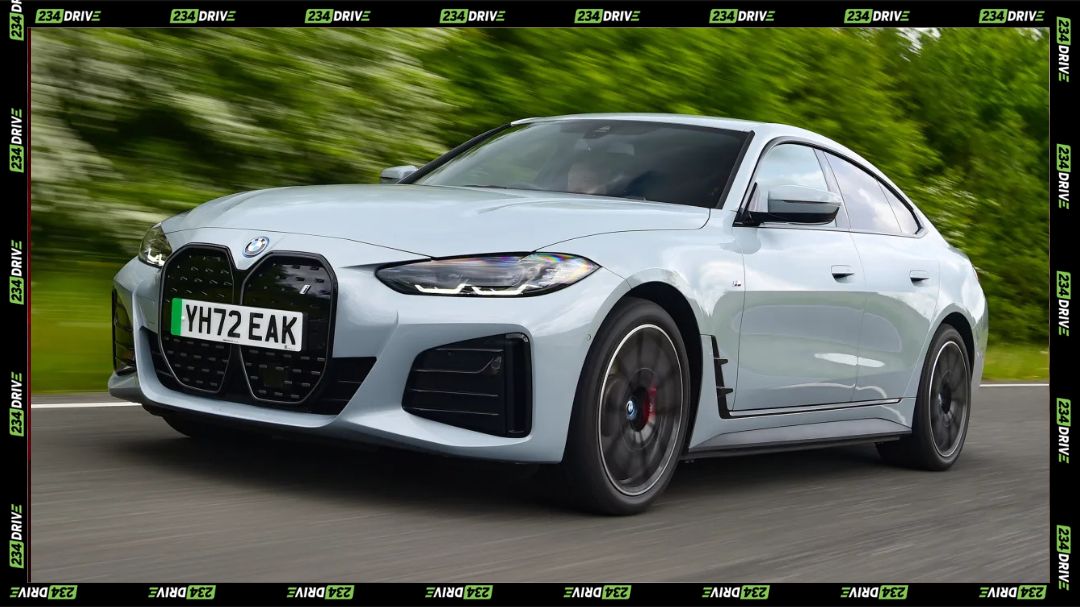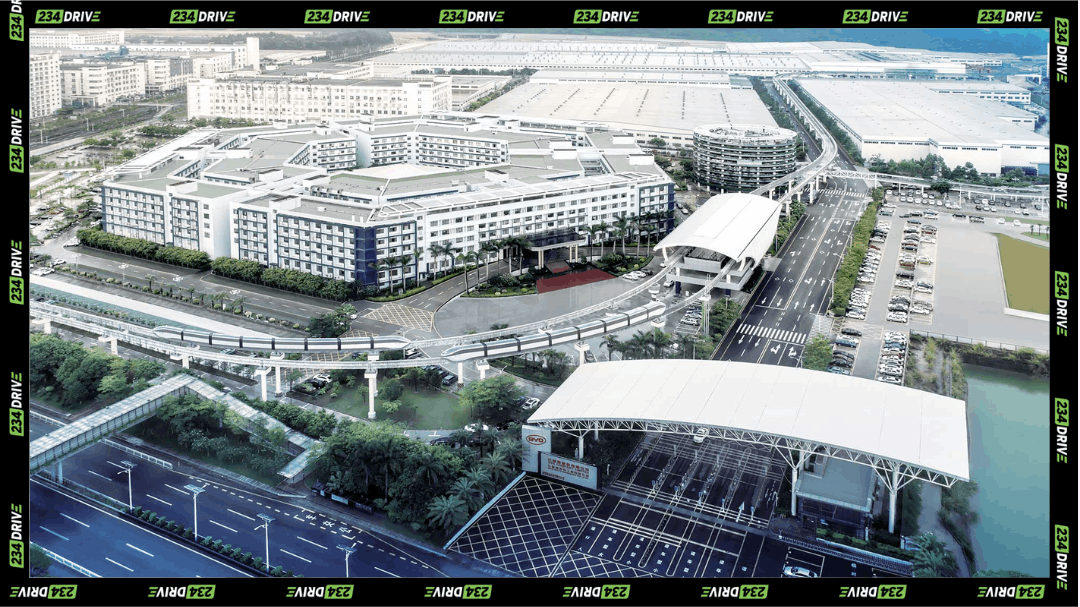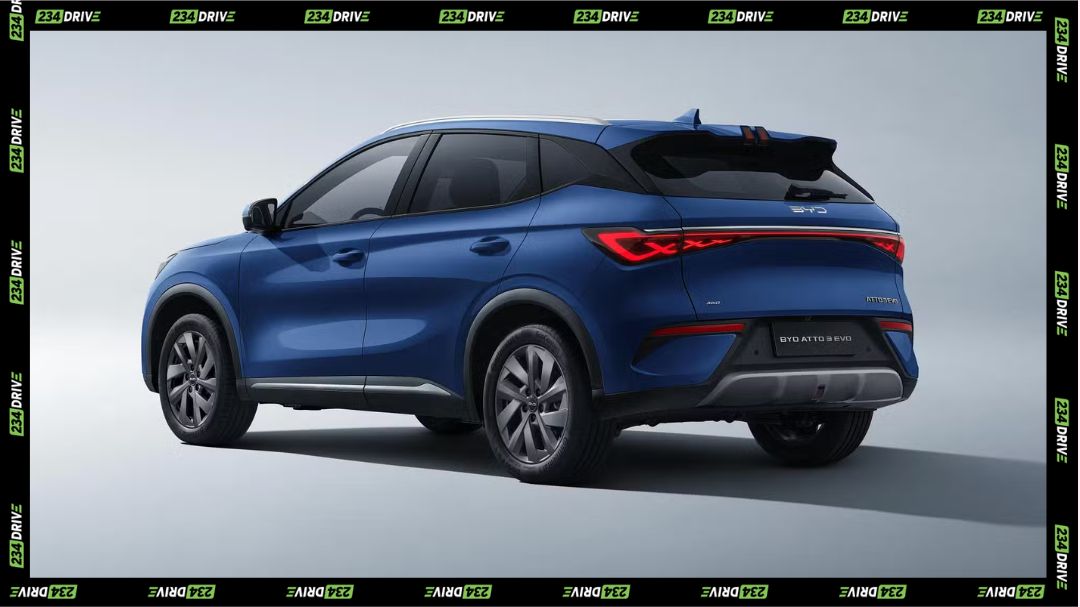BMW’s 2025 electric lineup represents a refined balance between performance, luxury, and forward-thinking design. The brand has evolved from early electric concepts to a full suite of premium BEVs (battery-electric vehicles) that rival Tesla and Mercedes-Benz in sophistication and reliability. With prices starting around $58,000 (₦85.7 million) for entry models like the i4 eDrive40 and exceeding $110,000 (₦162.6 million) for top-tier performance variants such as the iX M60 or i7 M70, BMW now caters to multiple buyer segments seeking both prestige and practicality.

This evolution highlights BMW’s transition from traditional combustion to high-performance electrification, bringing signature driving dynamics into a cleaner, quieter, and more technologically advanced form. As of 2025, the brand’s electric cars combine impressive range (227–340 miles) with rapid acceleration, superior handling, and luxury craftsmanship, reaffirming its legacy as a leader in the premium automotive world.
The 2025 BMW Electric Lineup
BMW’s current range includes the i4 Gran Coupe, i5 Sedan, i7 Sedan, and iX SUV. Each vehicle delivers a distinct blend of design, comfort, and engineering excellence that defines BMW’s modern electric identity.
BMW i4 Gran Coupe
The i4 Gran Coupe stands out with its sleek silhouette, low stance, and sporty elegance. Its aerodynamic contours enhance efficiency while maintaining BMW’s signature kidney grille (closed for aerodynamics). LED headlights, frameless doors, and an athletic rear profile lend it the appearance of a true grand tourer. Alloy wheels and the M Sport package further accentuate its road presence, making it one of the most stylish electric sedans in its segment.

Inside, the i4 combines minimalist design with advanced technology. A curved display housing a 12.3-inch digital cluster and a 14.9-inch touchscreen dominates the dashboard. Powered by a single or dual-motor setup, performance ranges from 335 hp in the eDrive40 to 536 hp in the M50. The M50 variant accelerates from 0–60 mph in just 3.7 seconds. Its 84.3 kWh battery provides up to 318 miles of range, depending on trim, and supports fast charging that adds around 100 miles in 10 minutes. Starting prices are $57,900 (₦85.6 million) for the base model and $69,300 (₦102.4 million) for the M50.
BMW i5 Sedan
The i5 Sedan builds on the familiar executive look of the 5 Series, with sculpted lines and a powerful presence. It features adaptive LED headlights, chrome accents, and flush door handles that enhance aerodynamic efficiency. Its longer wheelbase and wider stance give it a grounded look, ideal for those seeking a professional yet dynamic electric sedan.

Inside, the i5 feels refined and business-class ready. Leather upholstery, ambient lighting, and multi-zone climate control enhance comfort. Under the hood, options range from the eDrive40’s 335 hp to the high-performance M60’s 593 hp. The M60 reaches 60 mph in 3.7 seconds and boasts a luxurious Bowers & Wilkins sound system. With up to 310 miles of range and DC fast charging that adds 120 miles in 10 minutes, the i5 is ideal for commuters seeking both power and efficiency. Pricing starts at $67,100 (₦99.2 million) and rises to around $84,100 (₦124.3 million) for the M60 trim.
BMW i7 Sedan
The i7 Sedan represents the pinnacle of BMW’s electric luxury. Its bold front fascia with illuminated grille, sleek LED lighting, and smooth profile set a commanding tone. This flagship model is designed to turn heads while maintaining elegance. Extended dimensions enhance road presence, positioning it against rivals like the Mercedes EQS and Lucid Air.

The interior is a showcase of opulence. A massive 31-inch Theater Screen, optional crystal glass controls, and ventilated massage seats create a first-class experience. The eDrive50 produces 449 hp, while the top-tier M70 delivers 650 hp and rockets from 0–60 mph in just 3.5 seconds. Battery capacity sits at 101.7 kWh with ranges up to 314 miles. Prices start at $105,700 (₦156.2 million), with the M70 model commanding $168,500 (₦248.9 million).
BMW iX SUV
The iX redefines BMW’s SUV aesthetic with futuristic design and utility. Its large kidney grille conceals sensors and cameras, while the sleek headlights and sculpted body reflect both power and sophistication. Despite its size, the iX maintains aerodynamic efficiency, achieving a drag coefficient of 0.25.

The iX offers exceptional cabin space and advanced technology. Features include a panoramic Eclipsing Roof that transitions from transparent to opaque and a minimalist control layout centred around the curved display. Performance is equally compelling: the xDrive50 produces 516 hp, while the M60’s dual motors generate 610 hp and 749 lb-ft of torque, propelling the SUV from 0–60 mph in 3.6 seconds. With a 111.5 kWh battery, range extends up to 309 miles. Pricing starts at $87,250 (₦128.9 million) and peaks at $111,500 (₦164.8 million).
Driving in Modern Environments
BMW’s electric lineup suits various driving conditions, particularly in regions with developing EV infrastructure. In the U.S. and Europe, the robust charging networks complement long-range capabilities, making these vehicles practical for daily commutes and long-distance travel. In emerging markets like Nigeria or South Africa, charging accessibility and road conditions may pose challenges, though BMW’s durable engineering and regenerative systems help mitigate them.
Climate also influences performance—BMW’s advanced thermal management systems maintain battery efficiency across hot or cold weather. The luxury appeal of models like the i7 and iX aligns well with urban centres where prestige and comfort matter. Meanwhile, the i4 and i5 cater to professionals seeking a balance between cost, performance, and sustainability.
Competitive Comparison With Rivals
BMW’s electric cars are competitively priced against Tesla, Mercedes-Benz EQ models, and Audi e-trons. While Tesla offers longer range per dollar, BMW delivers superior build quality and driving refinement. The i4 and i5, for example, cost slightly more than the Model 3 and Model S, but offer a more premium experience. Resale value remains strong, supported by BMW’s global reputation and consistent software updates.
BMW EVs boast sturdy build quality and reliable battery systems, with warranties covering 8 years or 100,000 miles. Compared to rivals, maintenance costs are moderate due to fewer moving parts and efficient service networks. However, availability of parts and trained technicians can vary by region, affecting long-term ownership costs. The iX stands out for its low maintenance demands despite its size, while the i7’s complex tech features may increase upkeep costs over time.
Future Outlook and Innovation
BMW’s upcoming Neue Klasse platform marks a significant leap. Expected from 2026 onward, it will introduce up to 560-mile ranges, bidirectional charging, and improved efficiency. Vehicles like the iX3 and i3 Sedan will lead this new phase, with lighter construction and enhanced digital ecosystems. BMW plans for 50% of global sales to come from EVs by 2030, investing heavily in circular production and sustainable materials.
Conclusion
BMW’s 2025 electric cars show how a legacy brand can successfully adapt to the demands of modern mobility. Each model delivers a compelling blend of design, luxury, and performance—rooted in BMW’s DNA yet ready for the electric age. The i4 appeals to enthusiasts, the i5 to executives, the i7 to luxury purists, and the iX to families and adventurers. Together, they form one of the most balanced and technologically advanced electric portfolios in the premium segment.
As BMW continues to push boundaries with innovation and sustainability, the 2025 lineup stands as a benchmark for competitors. What’s your take on BMW’s electric future?









